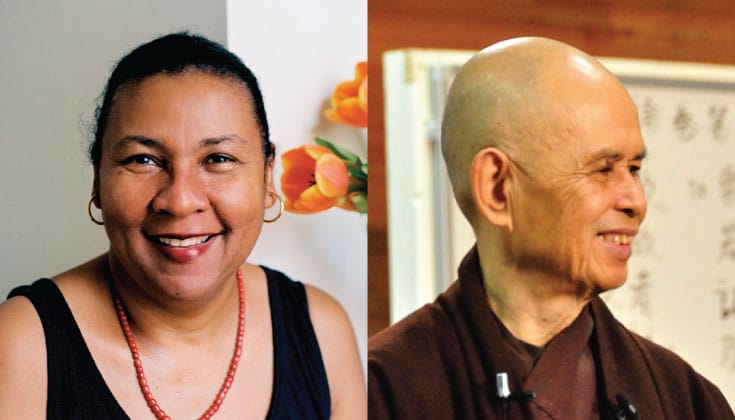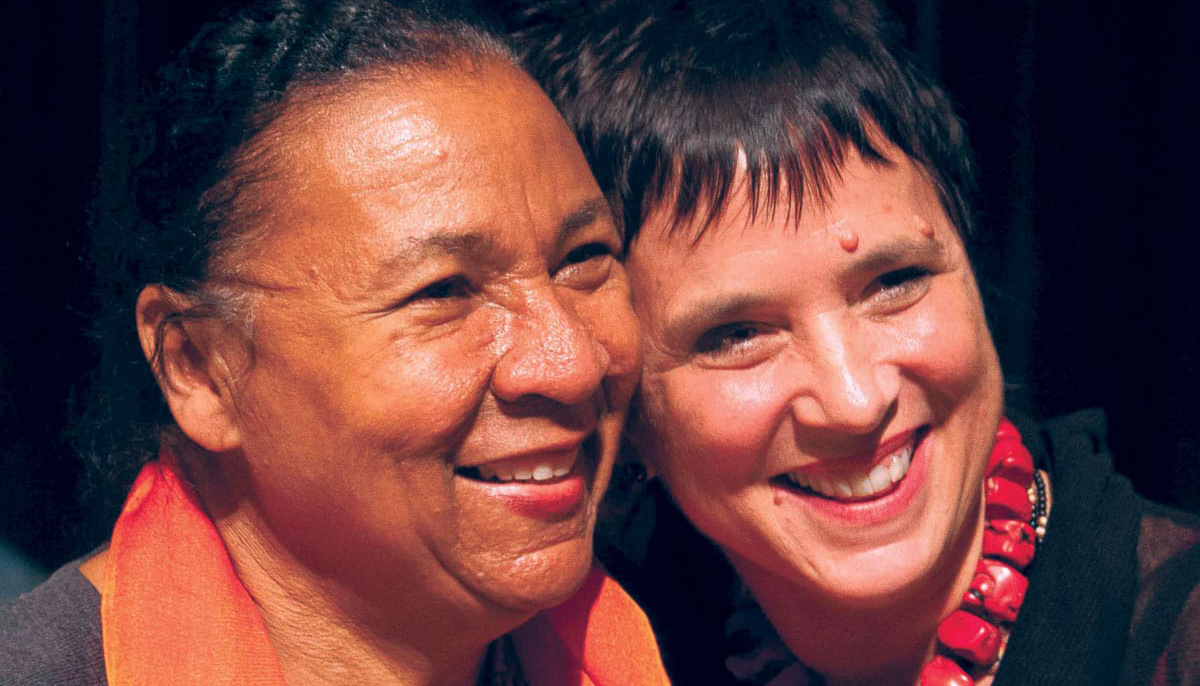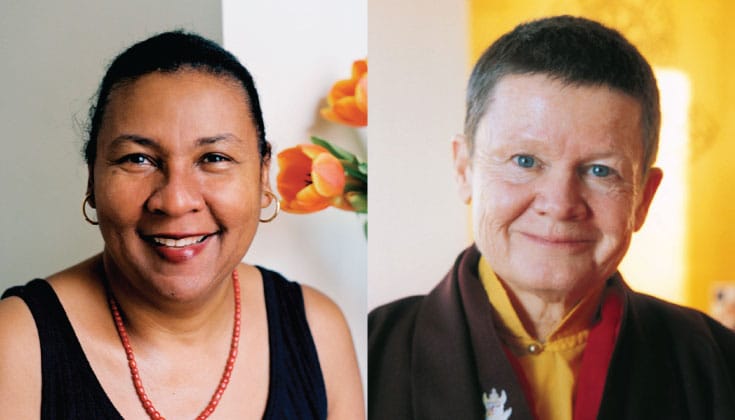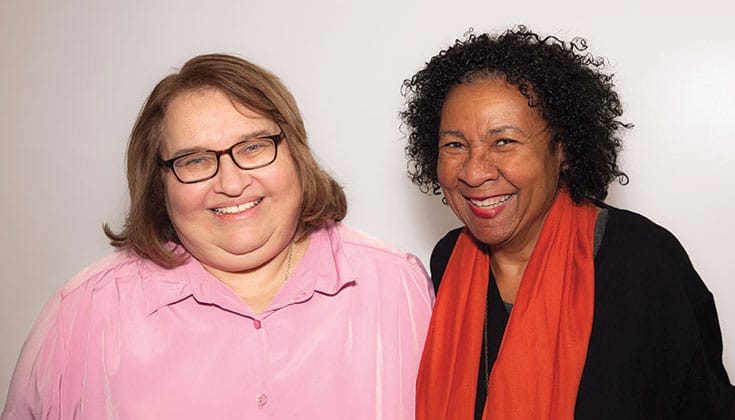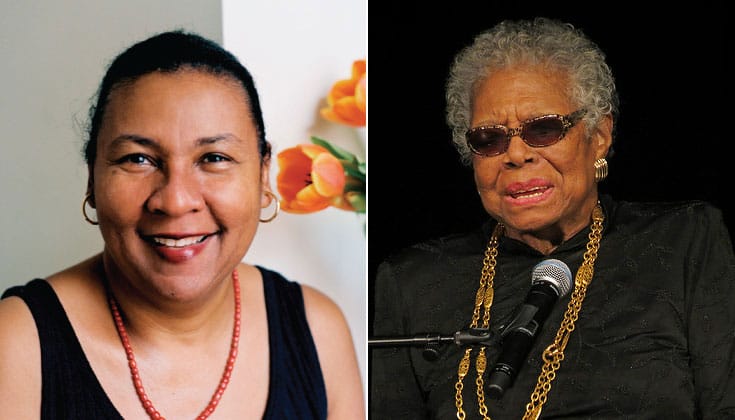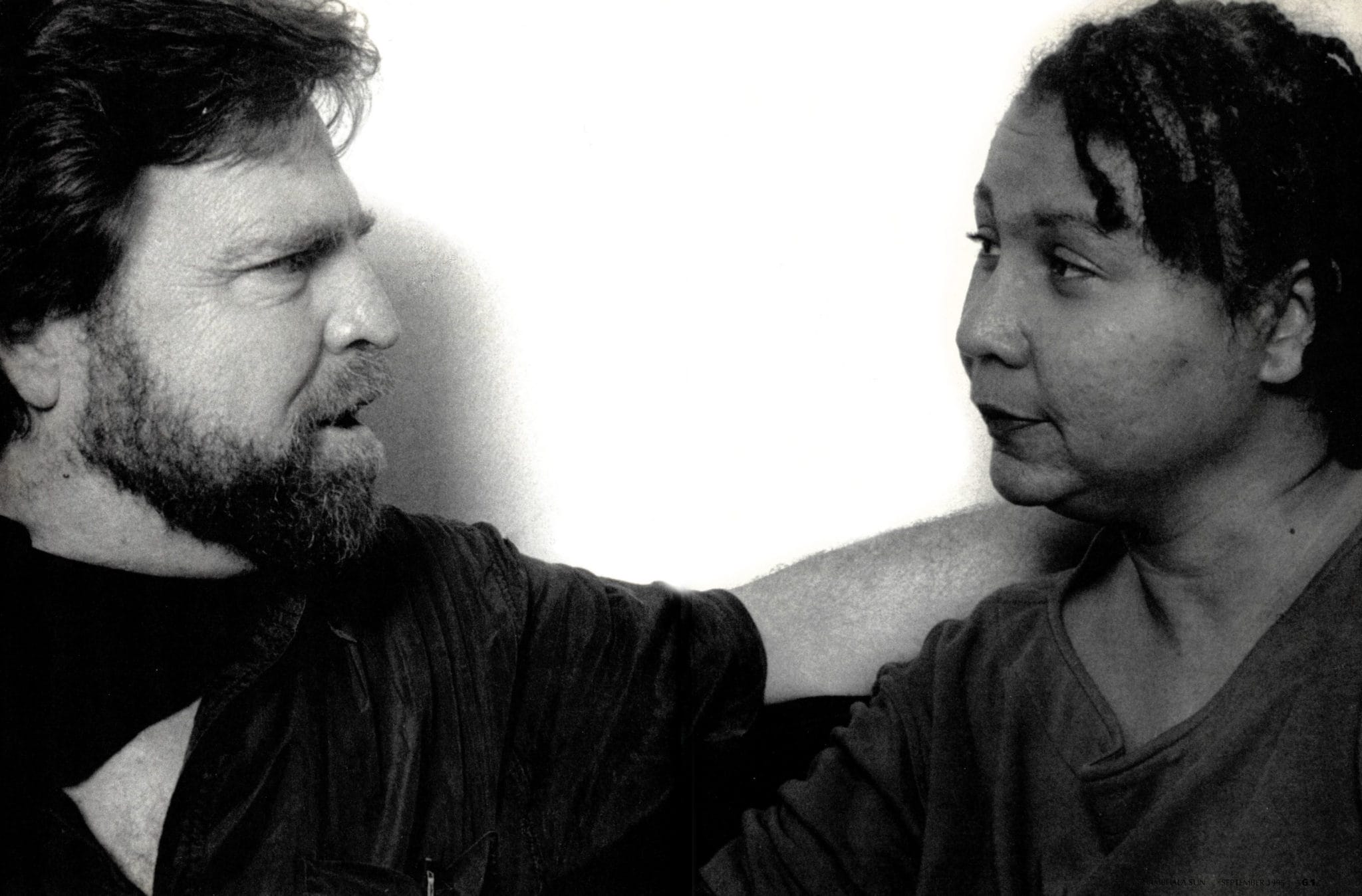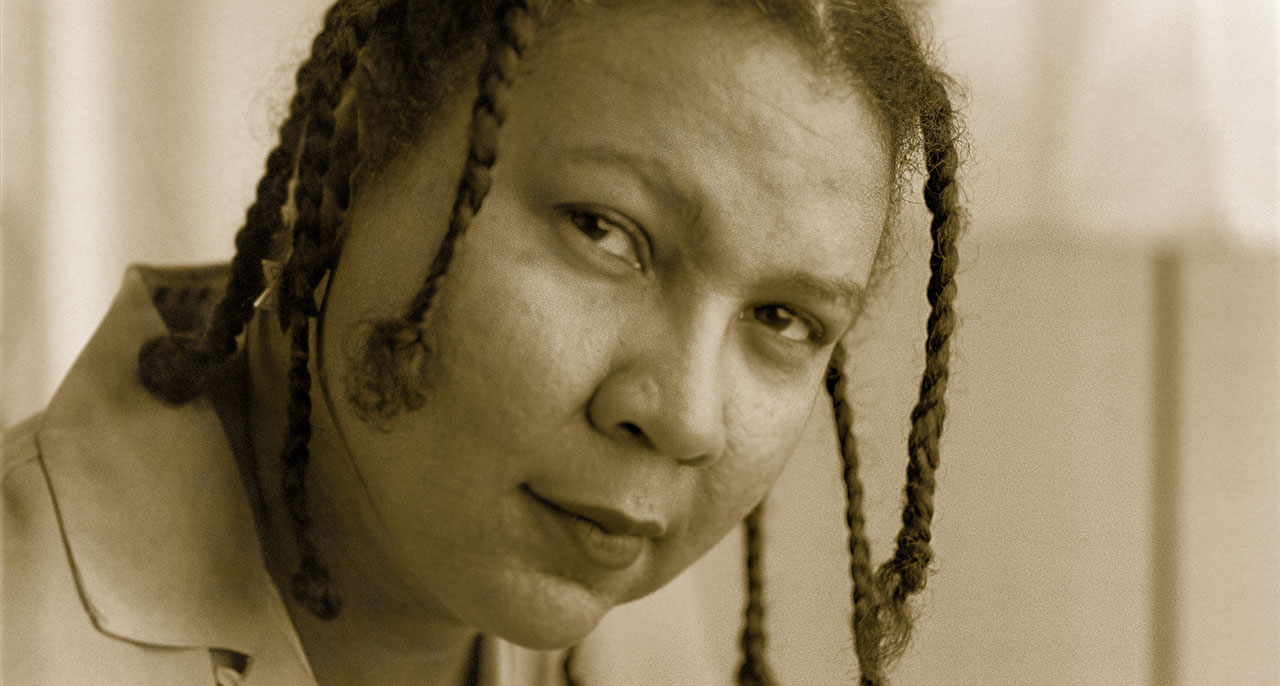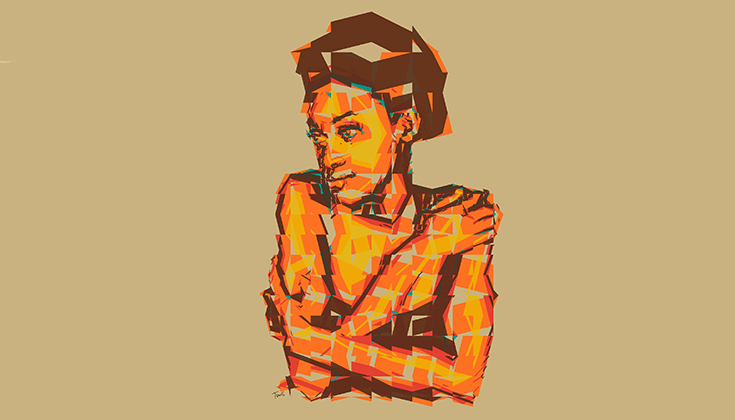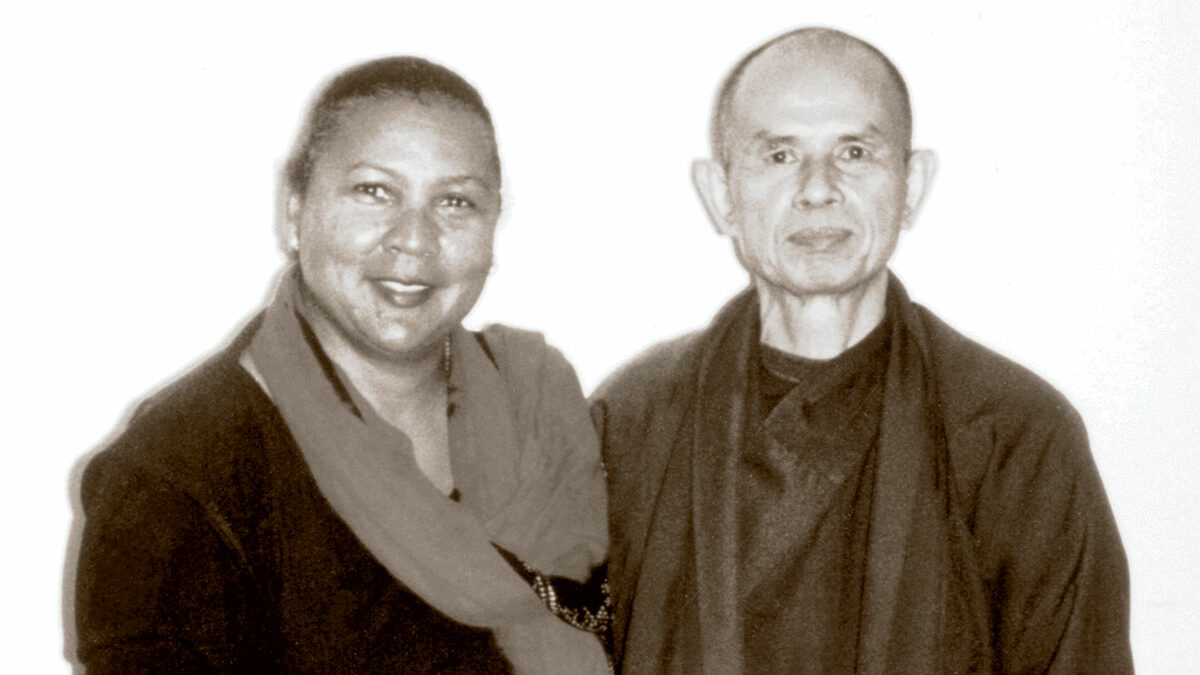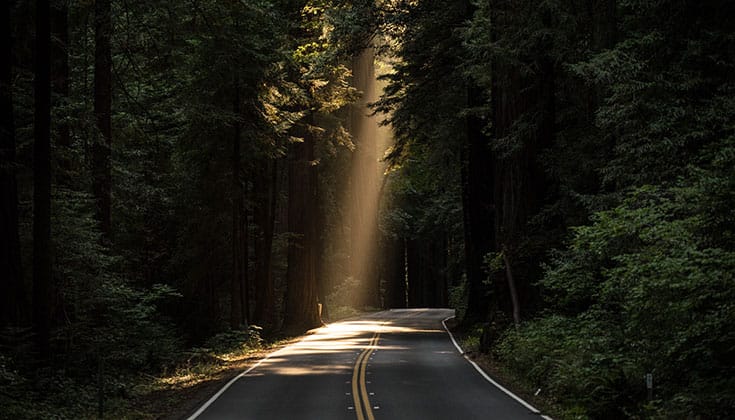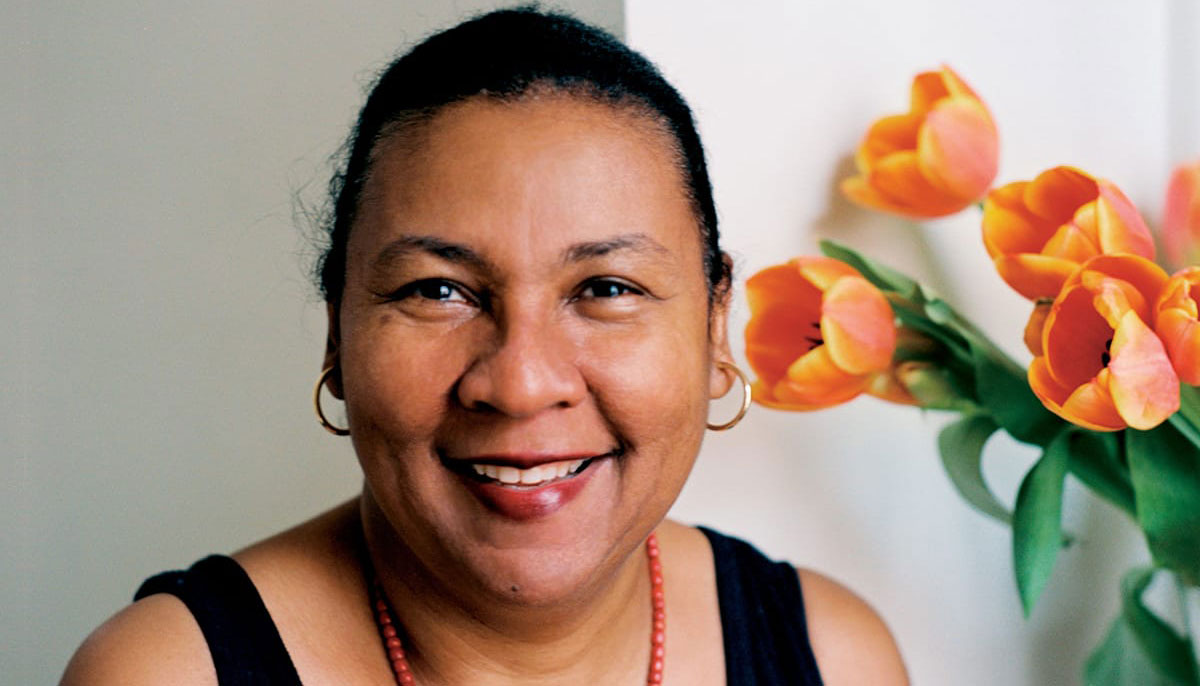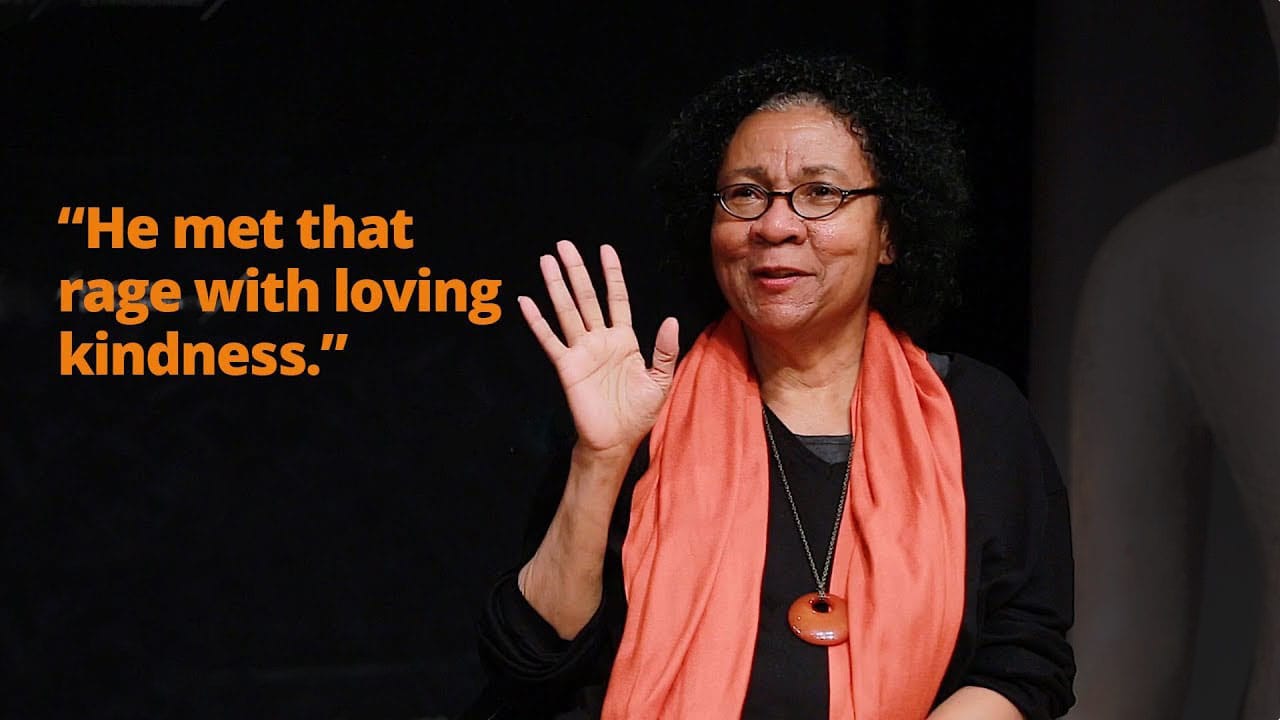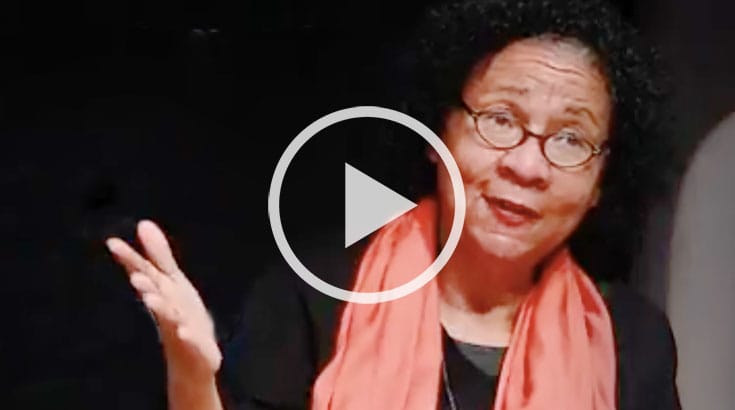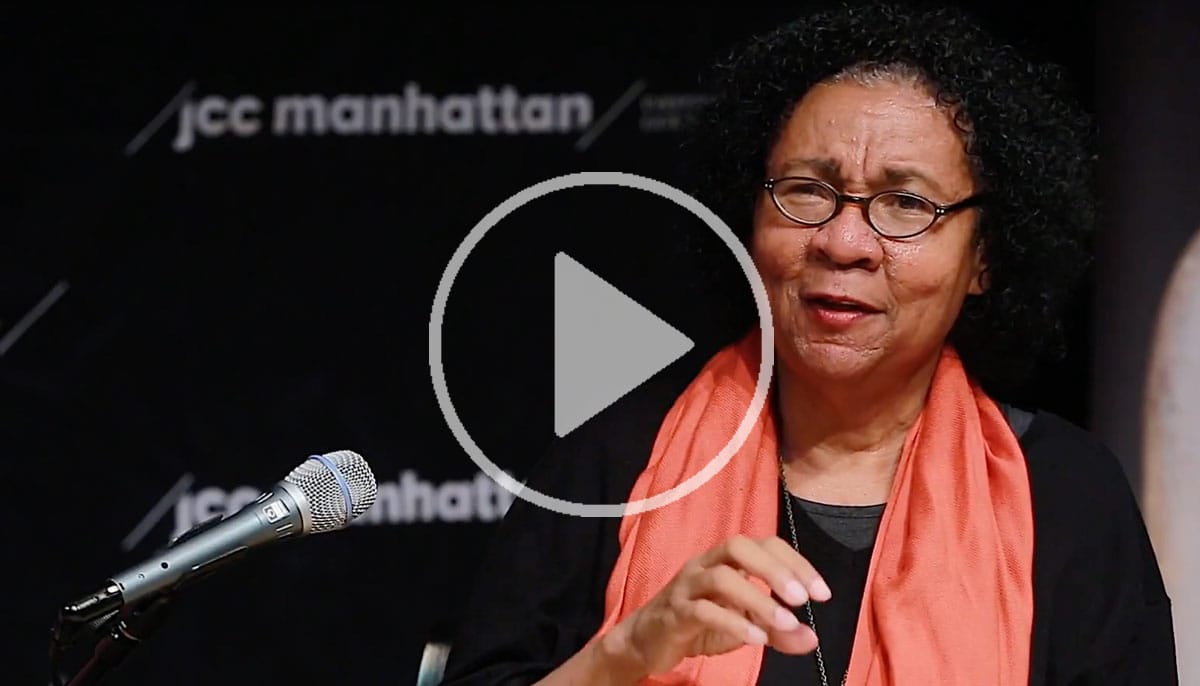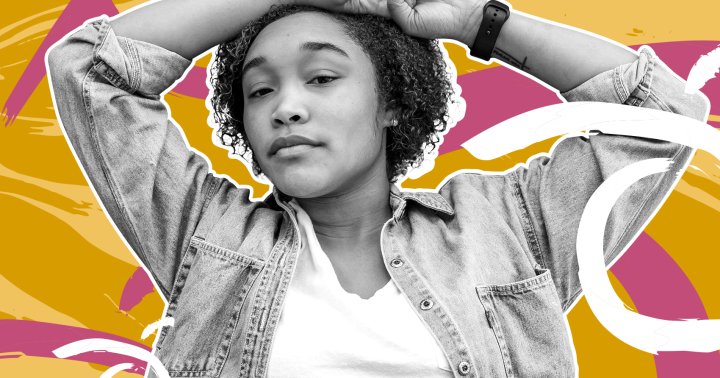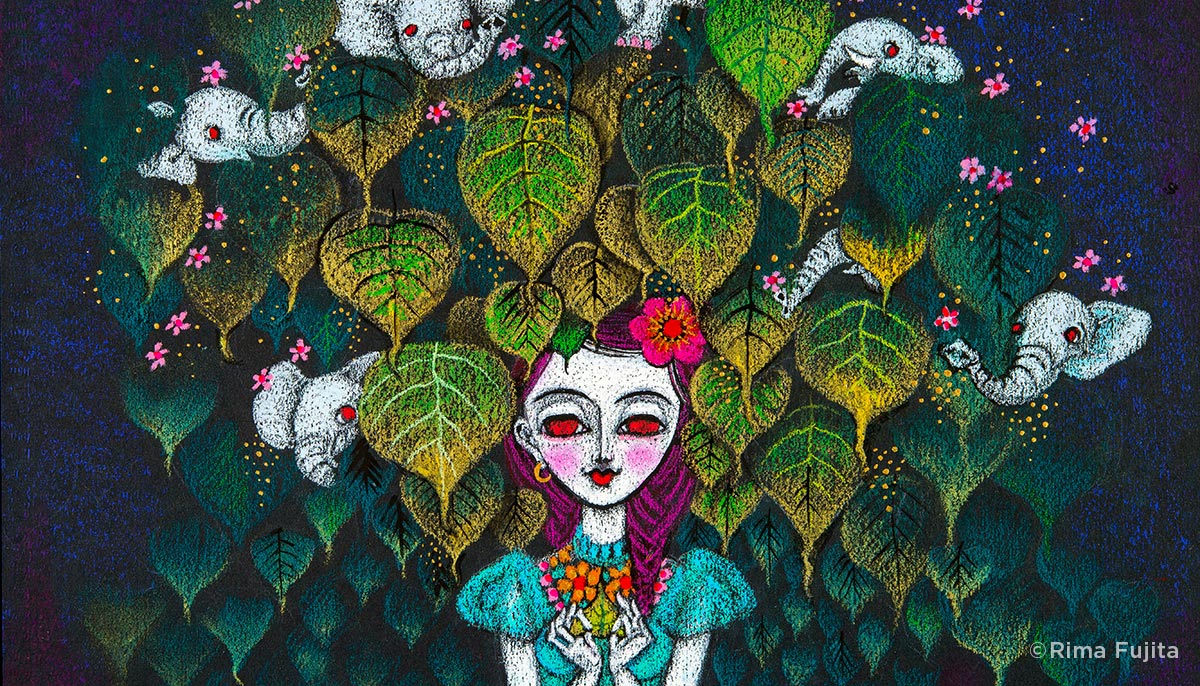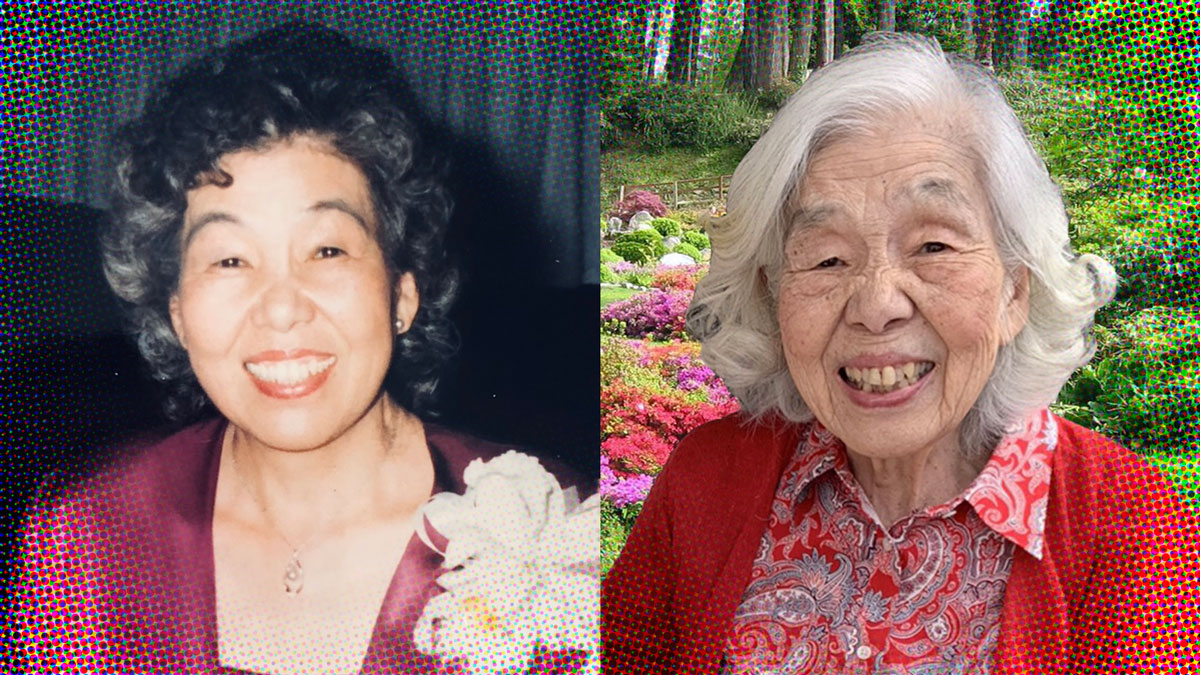America Needs bell hooks
The late writer, feminist theorist, and cultural critic bell hooks played a vital role in twenty-first-century activism through her expansive life’s work exploring the historical function of race and gender in America. Lion’s Roar is proud to offer this...
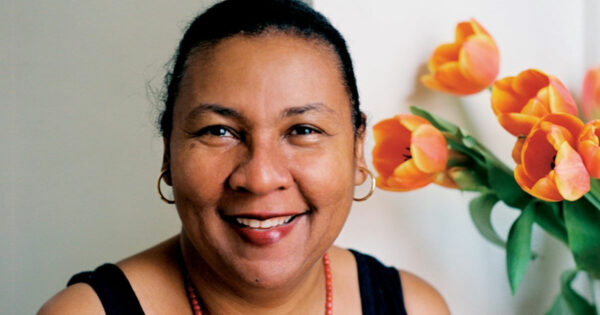
The late writer, feminist theorist, and cultural critic bell hooks played a vital role in twenty-first-century activism through her expansive life’s work exploring the historical function of race and gender in America. Lion’s Roar is proud to offer this selection of her writings and conversations from our pages on spirituality, race, feminism, and life.
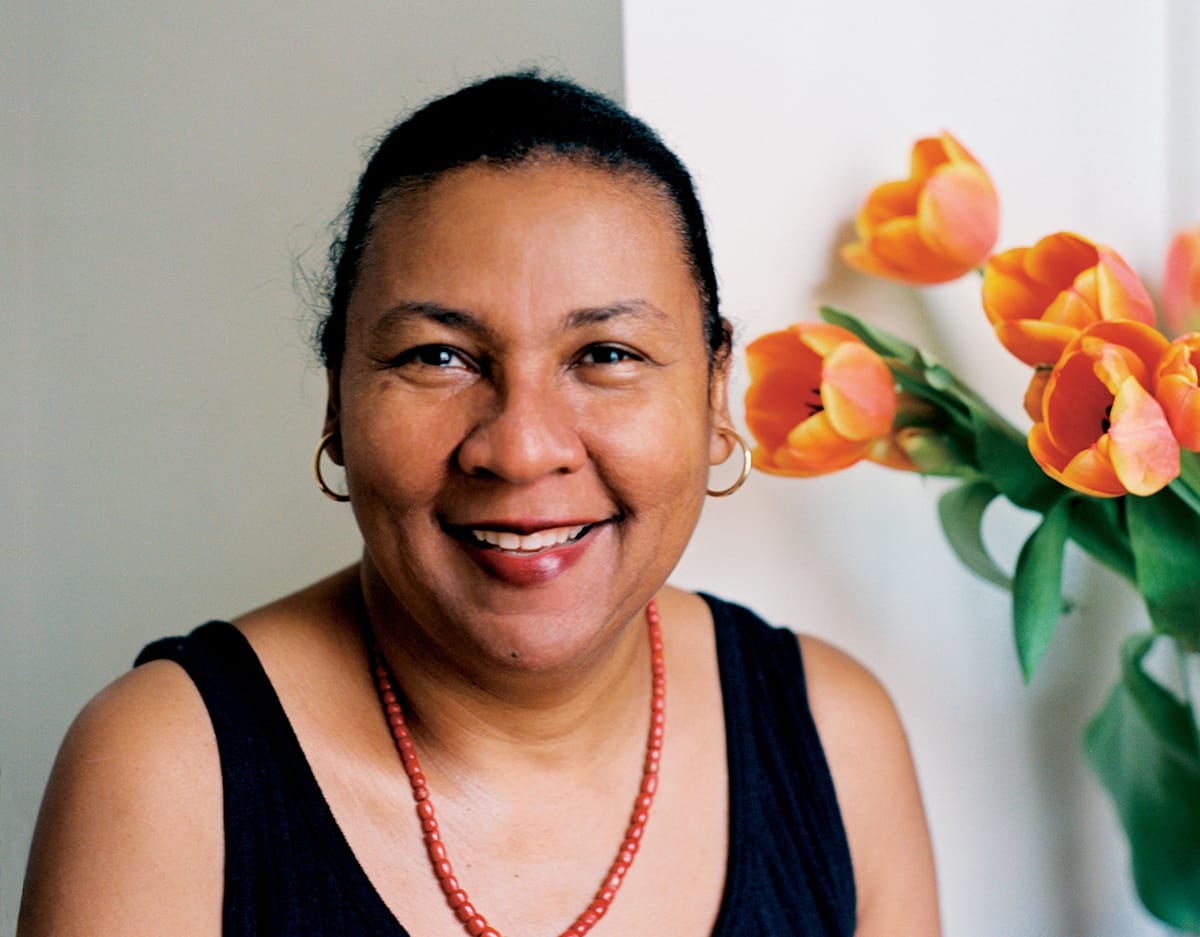
bell hooks (1952-2021). Photo by Liza Matthews.
When great voices are suppressed we must stand up for them. The late bell hooks was one of the leading thinkers and moral voices of our time. Now, as a powerful woman of color, feminist, and penetrating critic of racial injustice in America, she is a target.
Deeply influenced by Buddhism, bell was a frequent contributor to Lion’s Roar magazine. I was honored to be her friend and often benefited from her amazing mind and big heart. Although she had many answers, she always remained a searcher.
From her conversations with Thich Nhat Hanh, Pema Chödrön, and Sharon Salzberg, to her seminal essay “Toward a Worldwide Culture of Love,” bell brought to our pages penetrating analysis, great writing, and an uncompromising advocacy of love as the force that will transform our lives and our society.
We must all celebrate a great voice like bell’s when it is silenced.
Now this voice for love and justice is one of the Black thinkers targeted in attacks on the straw man of “critical race theory.” Yet far from a threat, the writings of bell hooks are exactly what America needs — honest analysis of injustices past and present, and love and compassion as their answer.
So Lion’s Roar is proud to offer this selection of bell hooks’ writings from our pages, particularly to students in Florida and elsewhere for whom her truth is apparently dangerous. Because we must all celebrate a great voice like bell’s when it is silenced — and needed more than ever.
—Melvin McLeod, Editor-in-Chief, Lion’s Roar
In Conversation with bell hooks
In these conversations between bell hooks and Thich Nhat Hanh, Eve Ensler, Pema Chödrön, Sharon Salzberg, and Maya Angelou, hooks explores topics of love, community, compassion, and rising up in the face of defeat.
bell hooks on Sex, Love, and Feminism
bell hooks shares her musings on sexuality, race, gender, and the practice of love.
bell hooks on Life and Faith
bell hooks spoke and wrote of the intersections between life and spirituality often, including how it fit into her writing practice and what Buddhist teacher Thich Nhat Hanh meant to her.
In this dedication to, profile, and clips of bell hooks in conversation, we offer a closer look into bell hook’s life and visionary message of love.
For bell hooks, fighting oppression doesn’t require anger or conflict—just opening our hearts and speaking the truth fearlessly. In his classic profile from 2006, Barry Boyce tells the story of this renowned feminist and social critic, and how she came to embrace activism without enemies and a visionary kind of love.

 JaneWalter
JaneWalter 